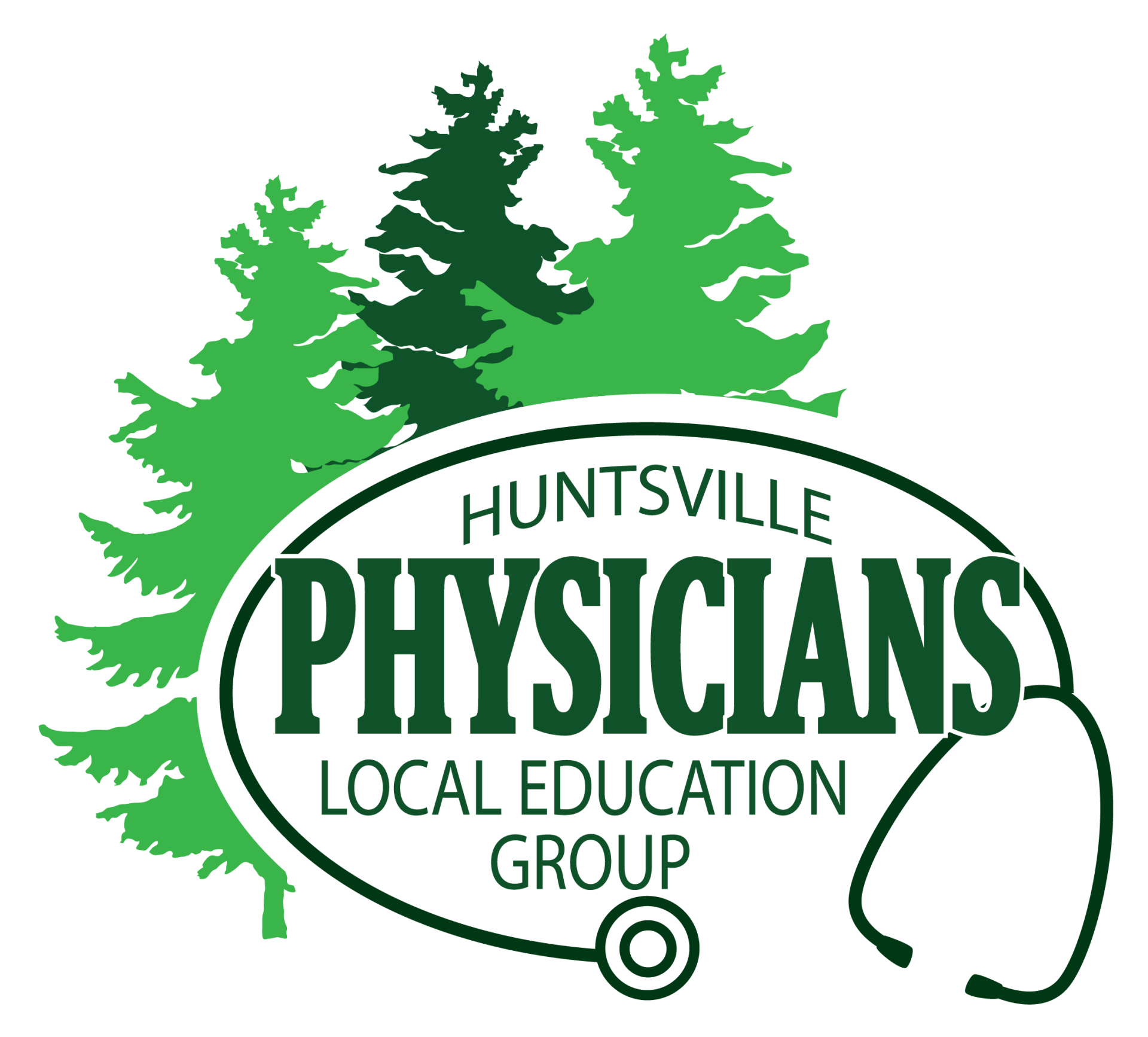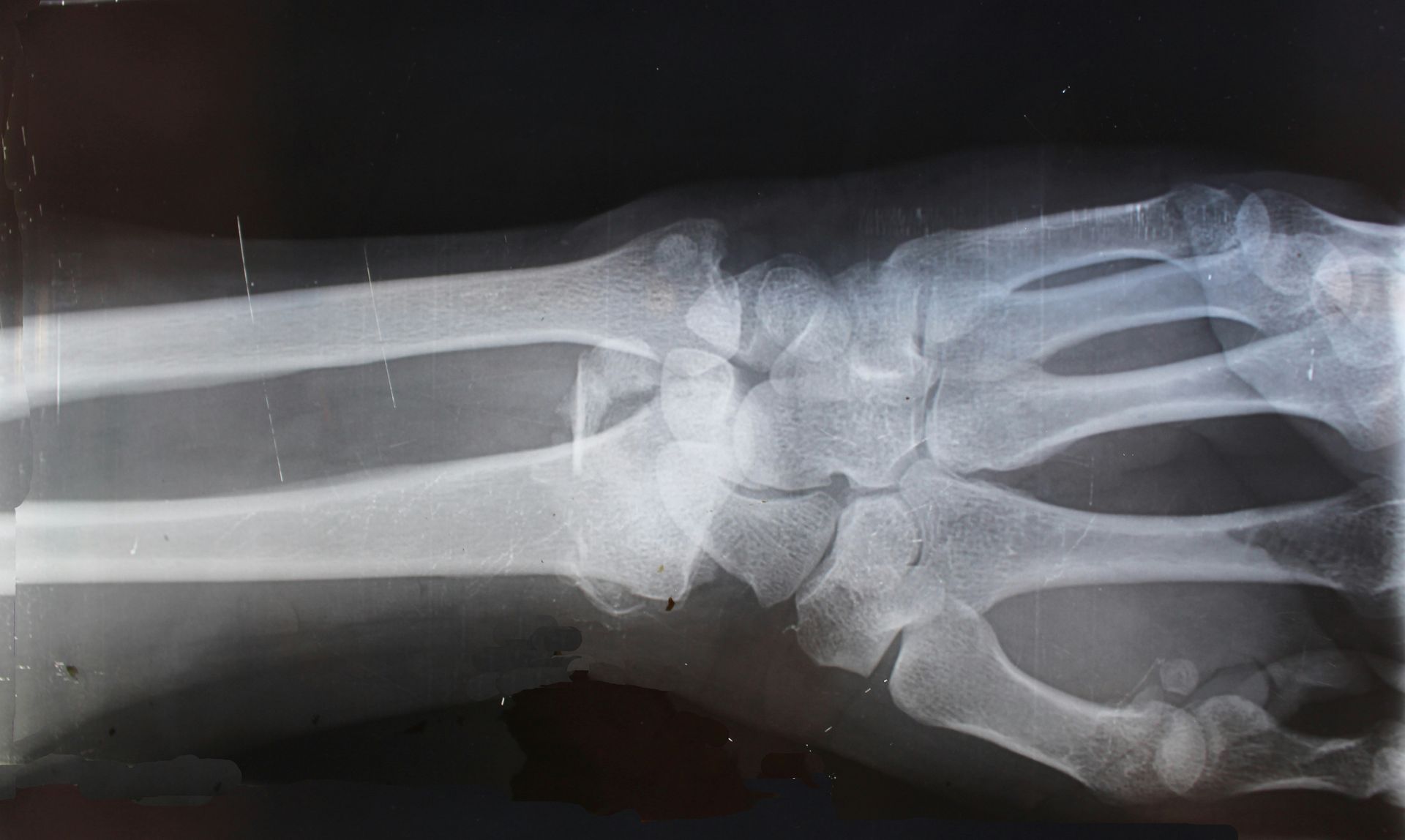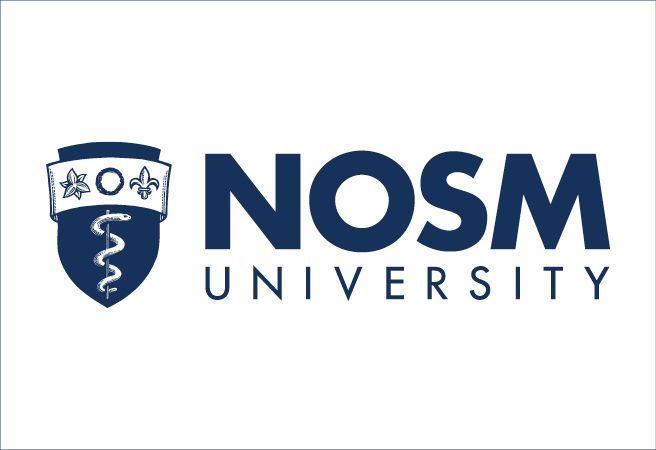RESEARCH & PROJECTS
Any members or students interested in getting involved with research are encouraged to reach out to our Regional Research Coordinator, Lisa Allen:
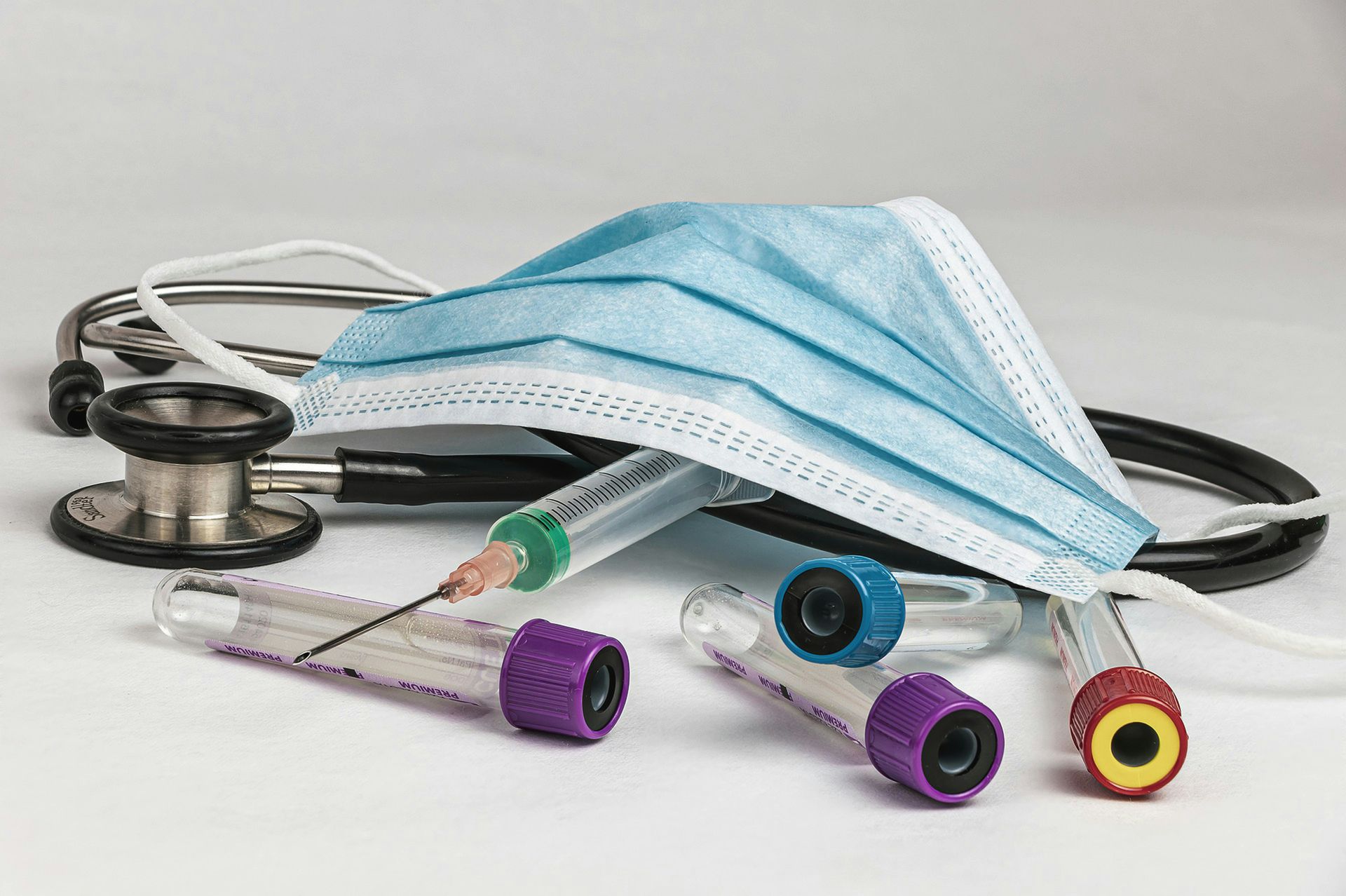
The Northern Ontario School of Medicine University (NOSMU) (formerly known as NOSM) is a medical school with primary campuses in Sudbury and Thunder Bay. The medical school extends to include most communities of Northern Ontario and is the first independent medical school in Canada. NOSMU currently has more than 1800 clinical faculty (1610 of whom are physicians) teaching in more than 90 communities throughout northern Ontario (30). One of the core values of NOSMU includes training rural residents who are socially accountable. As a distributed medical school, learners complete their training almost exclusively in collaboration with clinical teaching faculty, who have a significant impact on learners while immersed in NOSMU communities. When residents train alongside practicing clinicians, they are more likely to adopt similar practices and behaviours. Choosing Wisely Canada (CWC) is a campaign that encourages patients and physicians to have conversations about unnecessary tests, treatments, and procedures. This study will investigate and identify barriers for the implementation of these recommendations and ways to improve their integration in primary care and surgical practice.
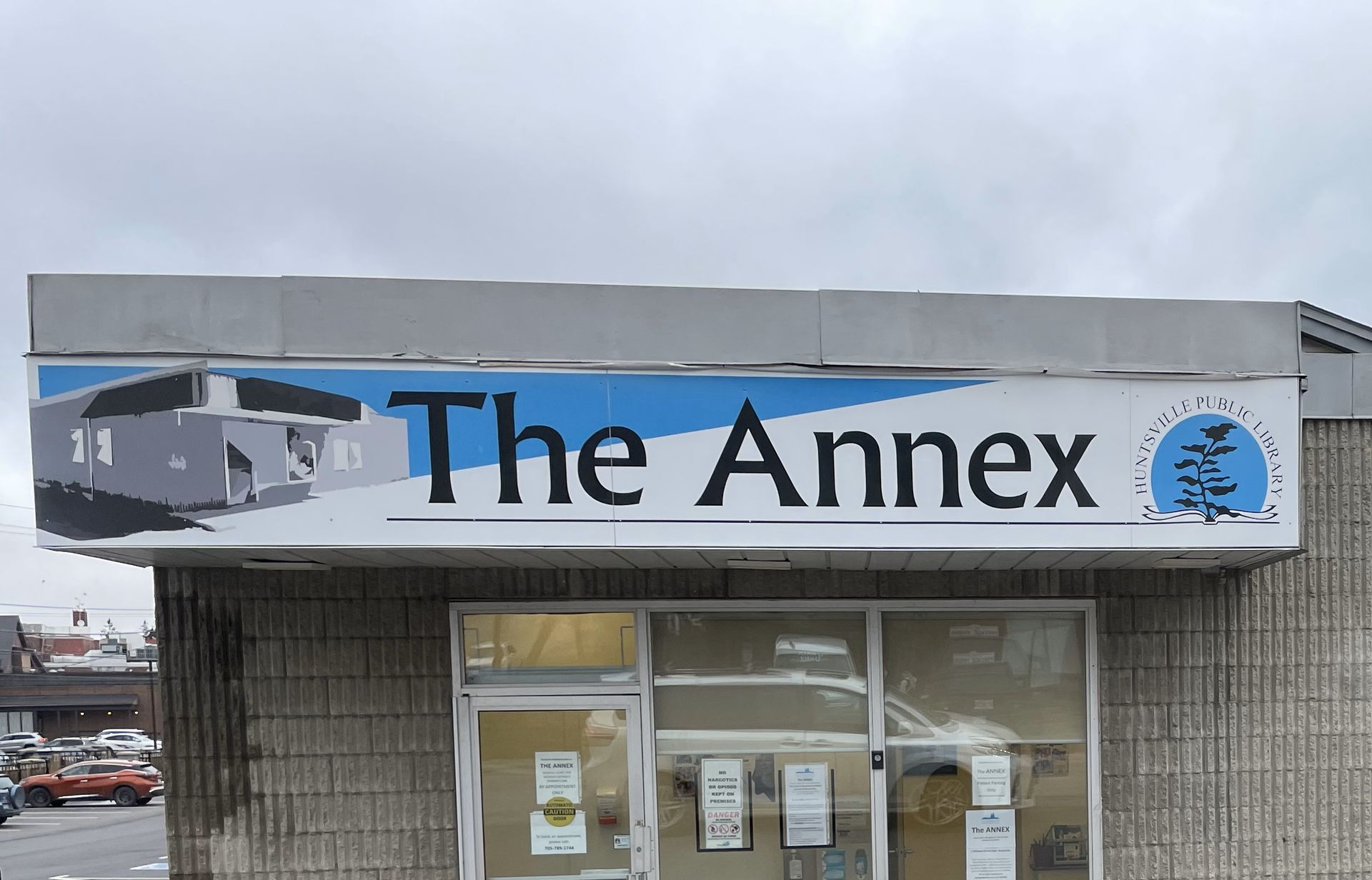
Unattached patients are permanent residents of a community without a primary care provider. Increased community growth, physician retirement and fewer new providers leave rural communities with very high numbers of unattached patients, particularly in Northern Ontario. Larger communities help alleviate this through walk-in clinics, but that model of care is not always applicable or feasible. Unattached patients requiring complex care and follow-up often have no option other than attending and returning to the emergency department (ED) for their care and follow up. The result is excessive burden on the ED, poor continuity of care, and in many cases prolonged inpatient stays as physicians are reluctant to discharge complex patients who are unable to access follow-up. The Annex was established through commitment of rural clinicians, administrators and allied healthcare providers, supported by the Town of Huntsville to provide comprehensive primary care to unattached residents. This study will investigate if the provision of care at The Annex reduces ED use and hospital readmission by unattached patients discharged from MAHC. Within The Annex, patients are cared for by a comprehensive interdisciplinary team. Patients can schedule appointments at their convenience with the most appropriate provider. Patients discharged from inpatient care will receive routine comprehensive follow-up to promote recovery and prevent readmission. This model of care, if successful, can easily be translated to any similar community within Canada. This program aims to provide optimal care through an interdisciplinary team approach enabling healthcare providers to work at their full scope of practice. For more information please go to the Annex Website: https://algonquinfht.ca/theannexclinic/

This project aims to promote accessibility of specialized support services to rural community-based cancer patients and survivors - a population in great need of physical and psychological support. We also aim to evaluate the scalability and potential permanent adoption of this specialized program, within rural communities across Northern Ontario. If successful, we will provide evidence that it is possible to develop similar, or complementary, specialized support services for high-risk/high-need clinical populations living outside major urban centres. What is it? An exercise program designed to help people who are currently receiving treatment or were treated for cancer within the past 5 years. What will I be doing? You will take part in a free, 12 - week, personalized exercise program consisting of twice-weekly, 1- hour exercise sessions supervised by our Exercise Lead, Deanna Lavigne, Registered Kinesiologist. How do I register/Find out more? Contact our Research Administrator, Maggie Partyka-Sitnik, by phone at 705-789-0022 x 2716 or email at therecapsstudy@gmail.com. Study Physicians: Jessica Nairn, MD, CCFP Lindsay MacMillan, MD, CCFP (PI) Helen Dempster, MD, CCFP, MSc, BScEng Rich Trenholm, MD, CCFP, CFPC, MSc, BSc
A retrospective analysis of a clinical opportunity
